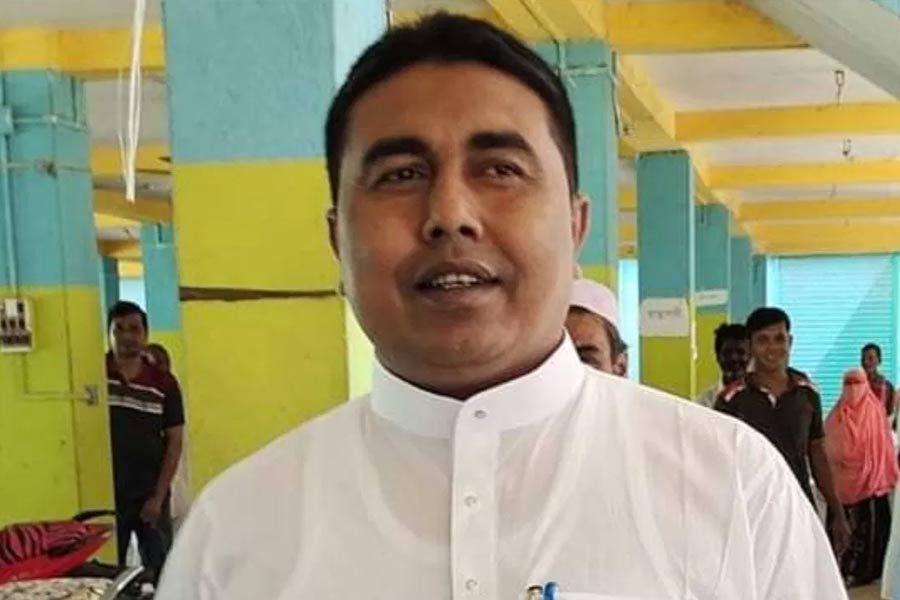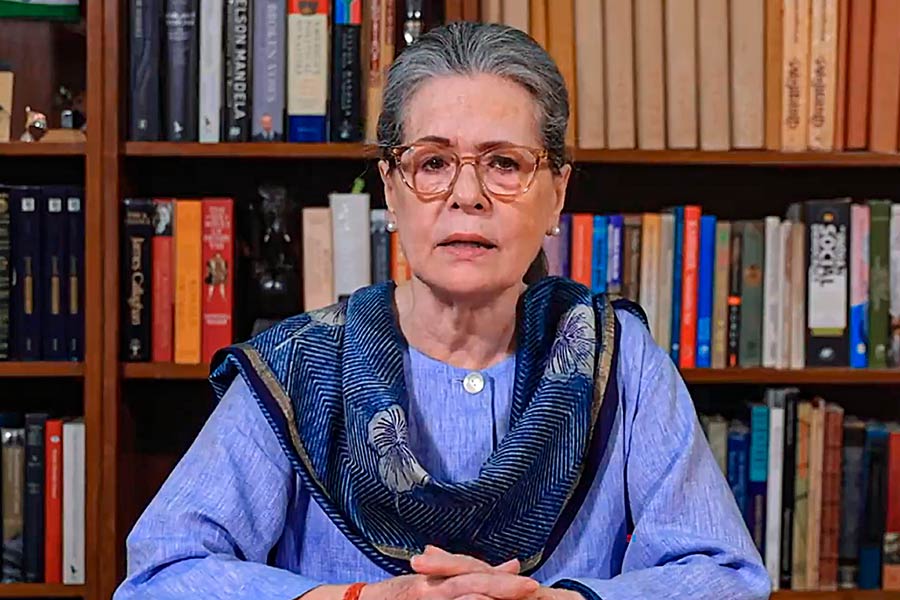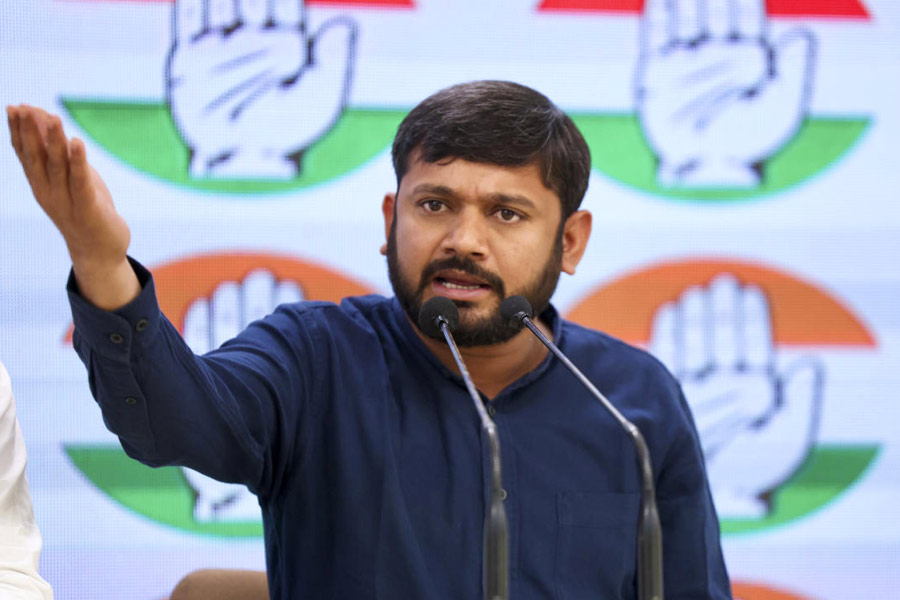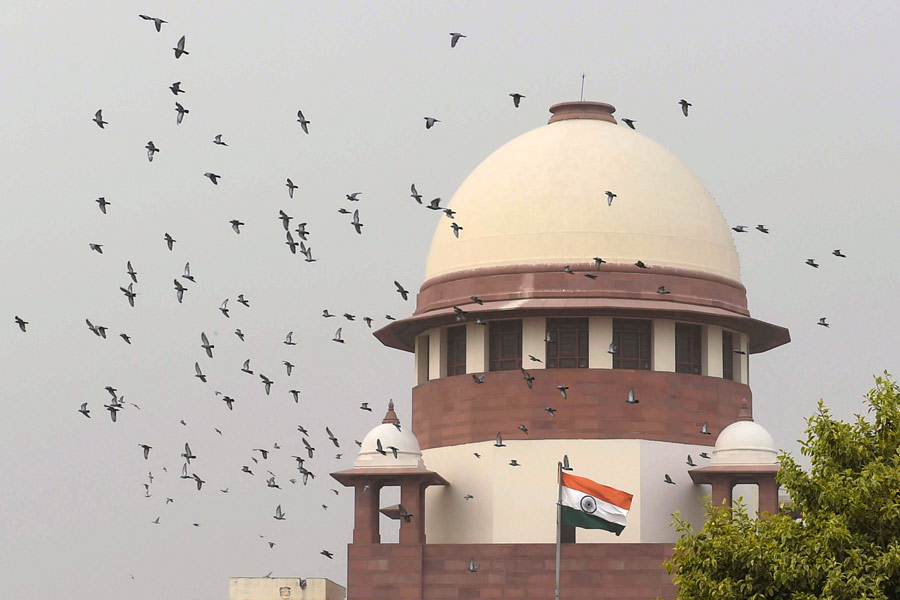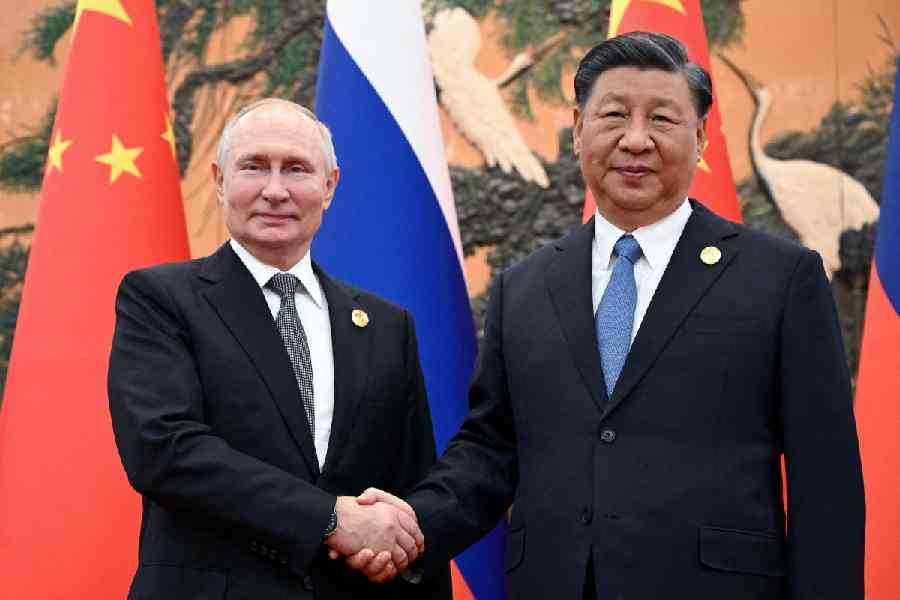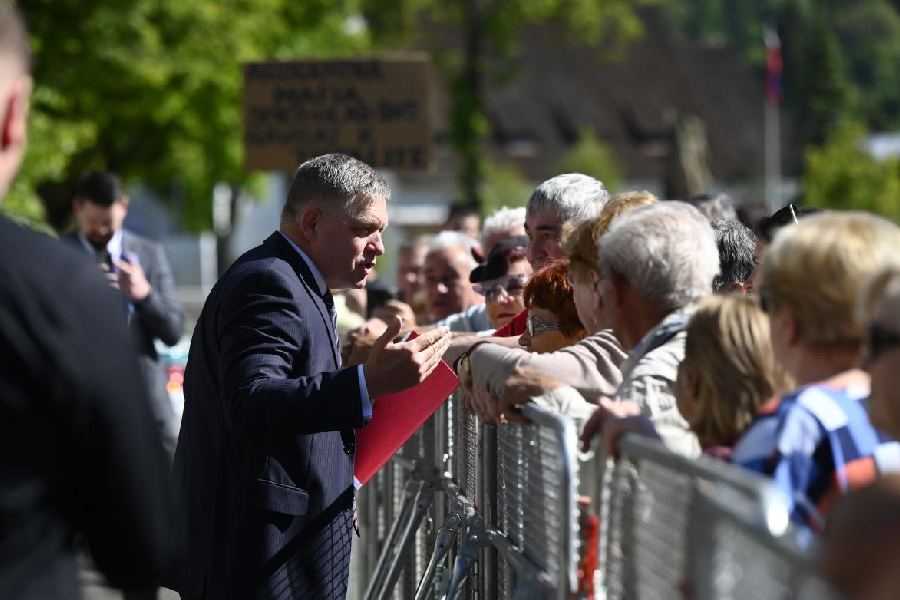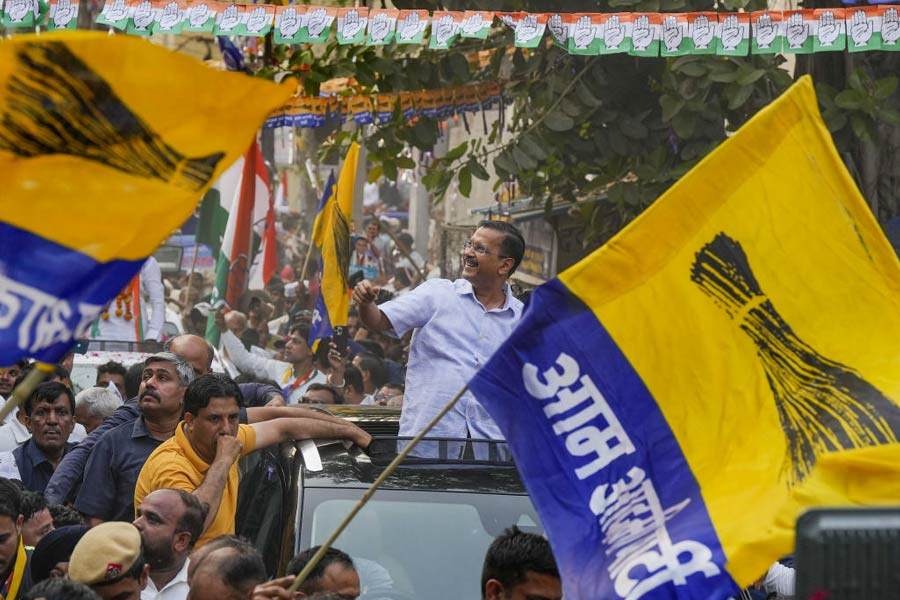The Supreme Court on Monday orally asked the Bengal government why it was espousing the cause of private individuals in the Sandeshkali violence in which Calcutta High Court had ordered a CBI probe.
A bench of Justice B.R. Gavai and Justice Sandeep Mehta, however, permitted the state’s plea for adjournment to place on record “very important piece of information”, as requested by senior advocate Abhishek Manu Singhvi appearing for the government.
“Why should the state come here in this case for a private individual?” Justice Gavai, who was heading the bench, asked during the brief hearing.
Though Justice Gavai did not refer to any individual by name, the allusion appeared to be to Trinamool’s Sandeshkhali strongman Sheikh Shahjahan, whose supporters had allegedly engaged in violence against the local SC/ST communities and attacked Enforcement Directorate officers. Shahjahan is in judicial custody.
Also representing the state, senior advocate Jaideep Gupta clarified that the Bengal government had filed the appeal as it was aggrieved by the high court’s observation in the impugned judgment wherein it had made critical remarks against the state and the police machinery.
Justice Mehta said the state could have approached the high court itself to get the observations against the officials expunged.
The bench adjourned the matter to July, saying: “The atmosphere will be more conducive in July.” The general election results will be announced in June.
In the appeal filed through state standing counsel Astha Sharma, the Bengal government has assailed the high court division bench on the following grounds:
⦿ Impugned order frustrates the state’s right to avail a remedy available to it under law of appealing in the apex court
⦿ Unsubstantiated aspersions had been cast on the state government and directing a CBI inquiry
⦿ Transfer of investigation to the CBI in a cursory manner is in violation of the law laid down by the apex court in a number of earlier judgments
⦿ Scope of an appeal against an interim order passed by a single judge cannot be stretched to dispose of the main petition, which is pending adjudication on merits
⦿ Orders of the division bench are self-contradictory and place the blame on the state government for inaction
⦿ Extensive steps taken by the state police in the matter are completely ignored.\
The appeal had contended: “It is most respectfully submitted that the impugned order was pronounced by the Ld. division bench at 3pm and uploaded on the high court website by 3.30pm (approx.), but the directions contained therein required the petitioner/state government to comply with such directions by 4.30pm on the self-same day i.e. 05.03.2024 which effectively frustrated the petitioner’s right to avail its remedy under Article 136 of the Constitution.”
According to the state, the high court order has rendered the Bengal government “remediless, while negating the concepts of federalism, where without any material on record, and basis on surmises and conjectures as well as a media trial being conducted the… division bench has, on its own accord, mixed several issues to pass the impugned order, which is factually and legally incorrect.”
The state has argued that the division bench, while passing the directive, had ignored several parameters/guidelines, passed by the apex court in a number of earlier judgments for transfer of investigation from the state police to the CBI according to which:
⦿ The power to transfer an investigation must be used “sparingly” and only “in exceptional circumstances”
⦿ The court must consider that transfers are not ordered just because a party seeks to lead the investigator to a given conclusion
⦿ There must be a reasonable apprehension about justice becoming a victim because of shabby or partisan investigation
⦿ Where the incident may have national and international ramifications
⦿ Where there is a delay in setting up a special investigation team (SIT).

